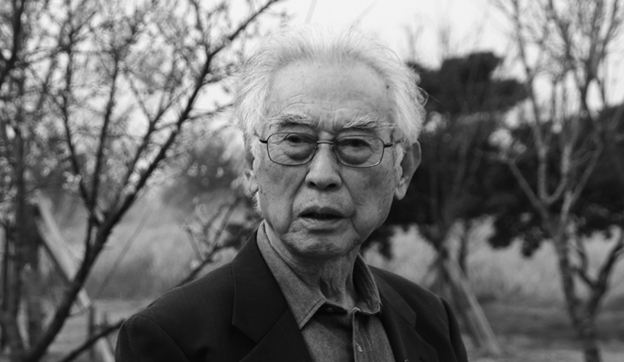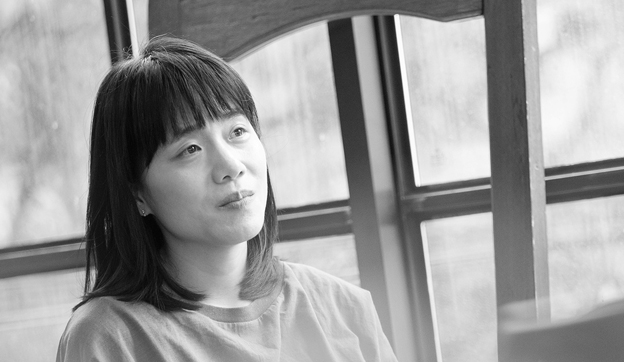THE PAST PRIZE LAUREATES

The Grand Laureate of the 1st LLPP
Kim Suk-bum (1925~ )Kim Suk-bum (Korean-Japanese, 93) was born in Osaka in 1925, and is a Korean-Japanese writer who has been stateless for his entire life. Not only has he worked tirelessly in the movement to uncover the truth of the Jeju 4.3 Incident, he has also written for Japan’s major daily newspapers about Japan’s colonial past and its conscience, and is considered a symbolic figure among the Korean-Japanese when it comes to peace and human rights. Since his debut in 1957 with The Death of Crows, the first novel to address the 4.3 Incident, he shocked the Japanese literary world by releasing 30,000 pages of manuscripts in 1997, and was praised as “the golden tower lighting the last days of the twentieth century” (Ohno Daijiro).
His efforts have earned him the Asahi Shimbun Osaragi Jiro Award (1984), the Mainichi Art Award (1998), and in Korea the 1st Jeju 4.3 Peace Prize (2015). His historical epic Volcano Island was translated into Korean in 2015 and published in twelve volumes, finally bringing his literature to Korean readers. Not only has he endured discrimination against the Korean-Japanese community, surrounded as he was by conflict, strife and the dominator’s colonial language, it is a truly awesome feat that he has been able to greatly expand the Korean-Japanese literary world..

The Special Award Laureate of the 1st LLPP
Kim Soom (1974~ )Kim Soom was born in 1974 and debuted through the 1997 Daejeon Ilbo Literary Award for ‘On Slowness’ and the 1998 Munhakdongne New Writers’ Award for ‘The Time of the Middle Ages.’ Her short story collections Fighting Dogs, Bed, Liver and Gall Bladder, and Noodles feature plots of subtle realism and multilayered meanings as well as the intersection of poetic style and complex symbolism that provide a textbook for writing enriched with meaning. Her novels include Idiots, Steel, My Beautiful Sinners, Water, and Throwing Away the Yellow Dog, and she has won the Heo Gyun Writers’ Award (2012), the 58th Contemporary Literature Prize (2013), the 21st Daesan Literary Award (2013), and the Yi Sang Literary Award (2015).
Her recent two novels L’s Sneaker (2016) and One Person (2016) are noted for their sense of verisimilitude and history. L’s Sneaker is about the death of student activist Lee Han-yeol in 1987, and is a study on preventing historical experience from becoming fossilized by simple rote remembering, an examination of how fiction can show the ways such events are manifested anew in the present. One Person, through its treatment of WWII comfort women, goes beyond even the current trend of discourse related to human rights, class, nation, and gender oppression and discrimination that has overcome the previous modernization discourse of colonialism, by restoring the thin and weak voices of the remaining comfort women, showing the sacredness of the novel’s social mission.


